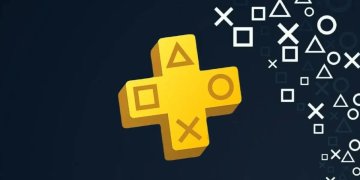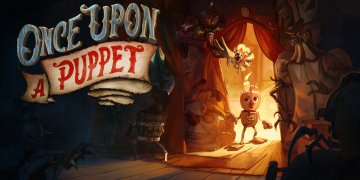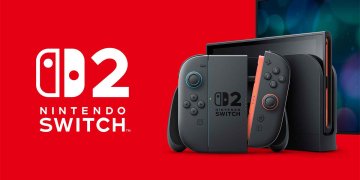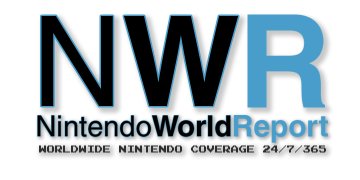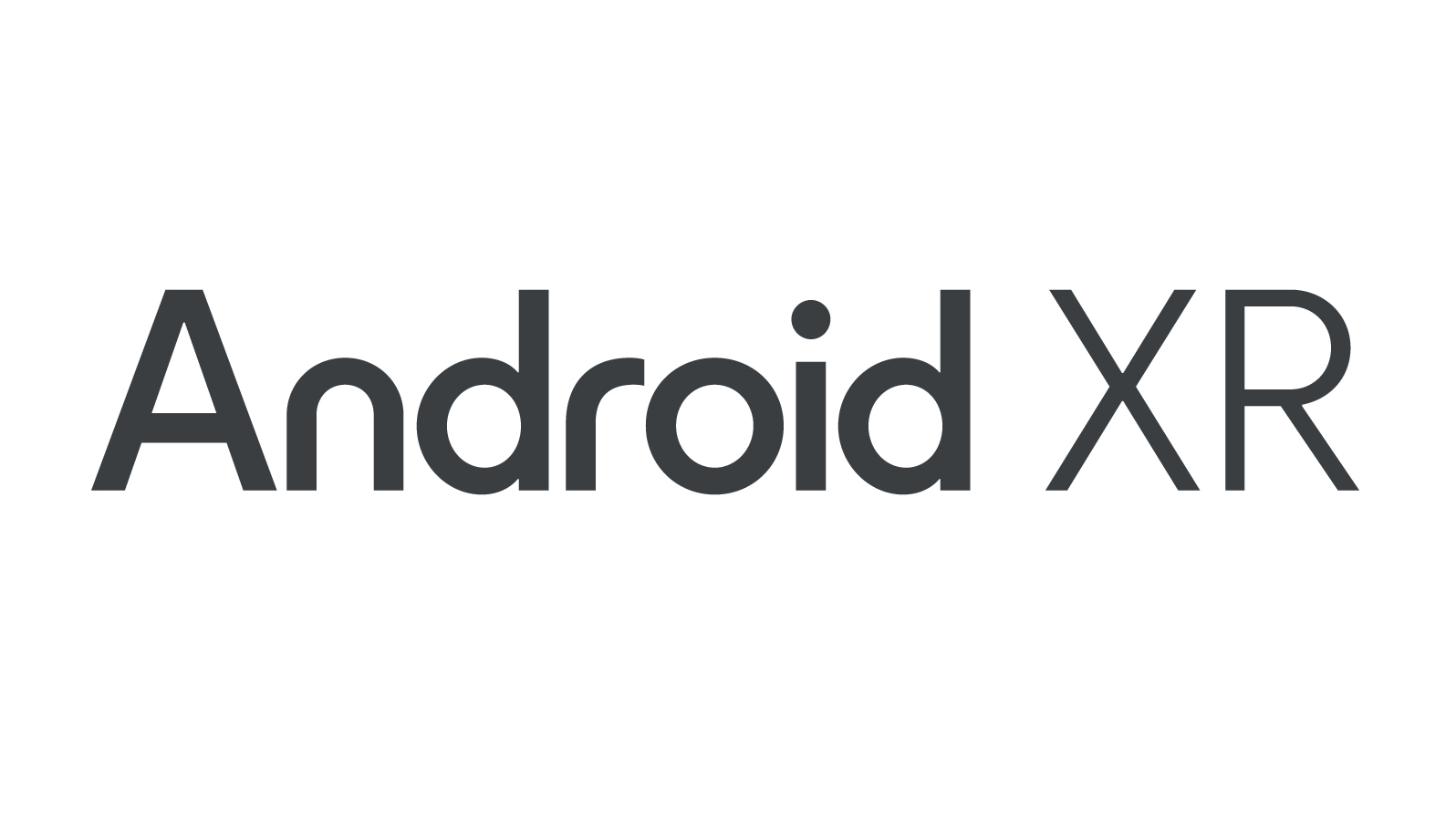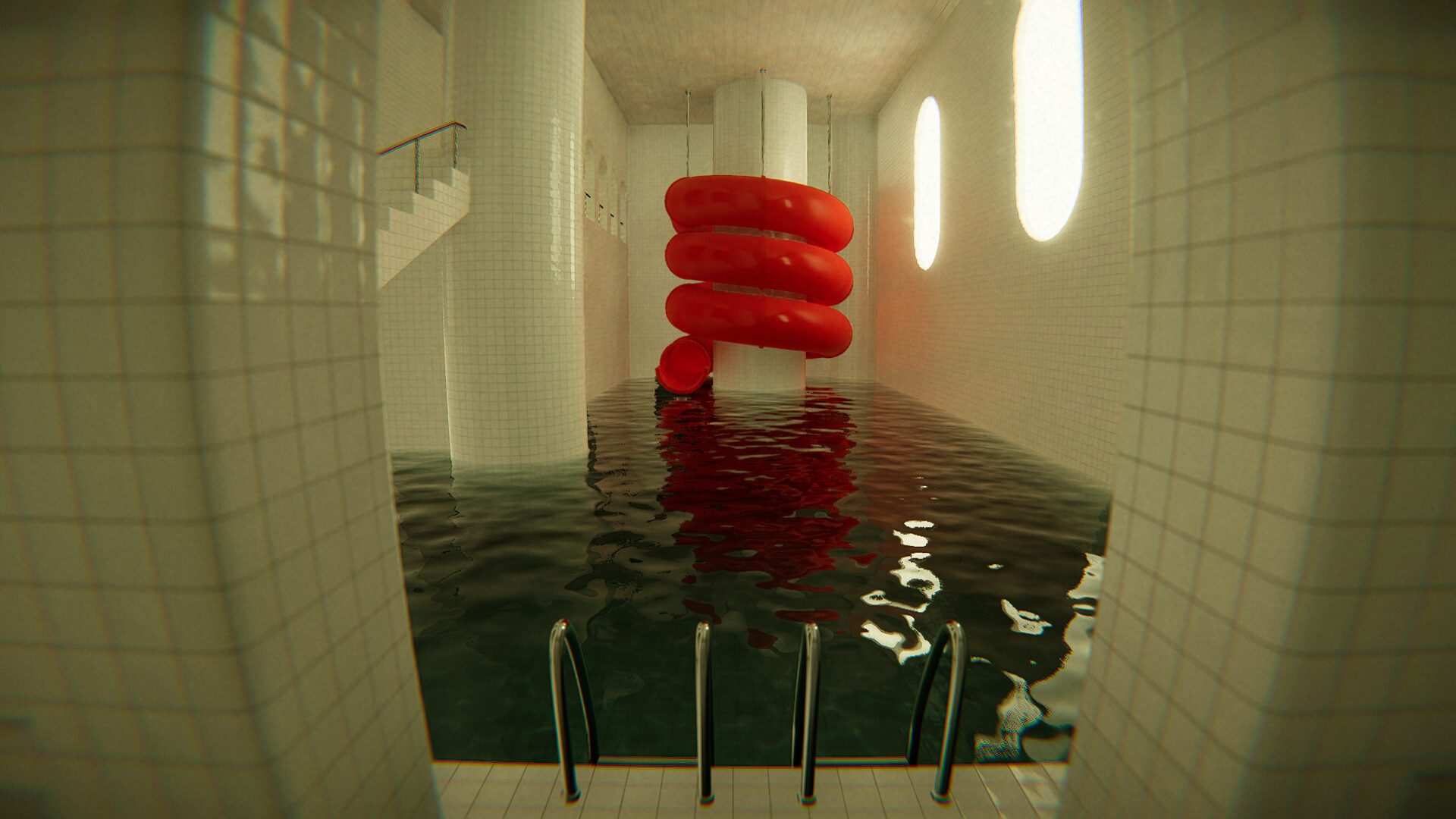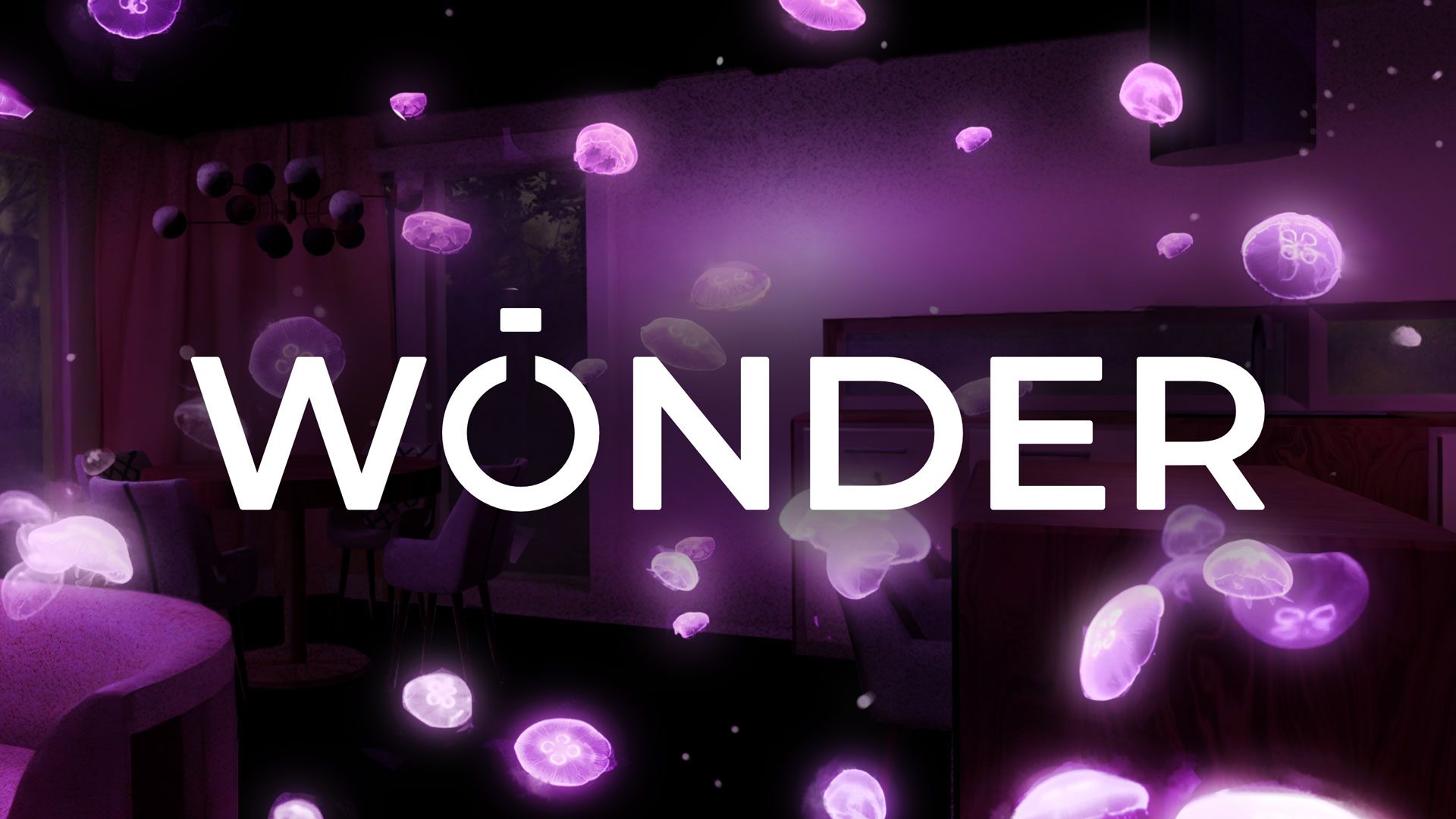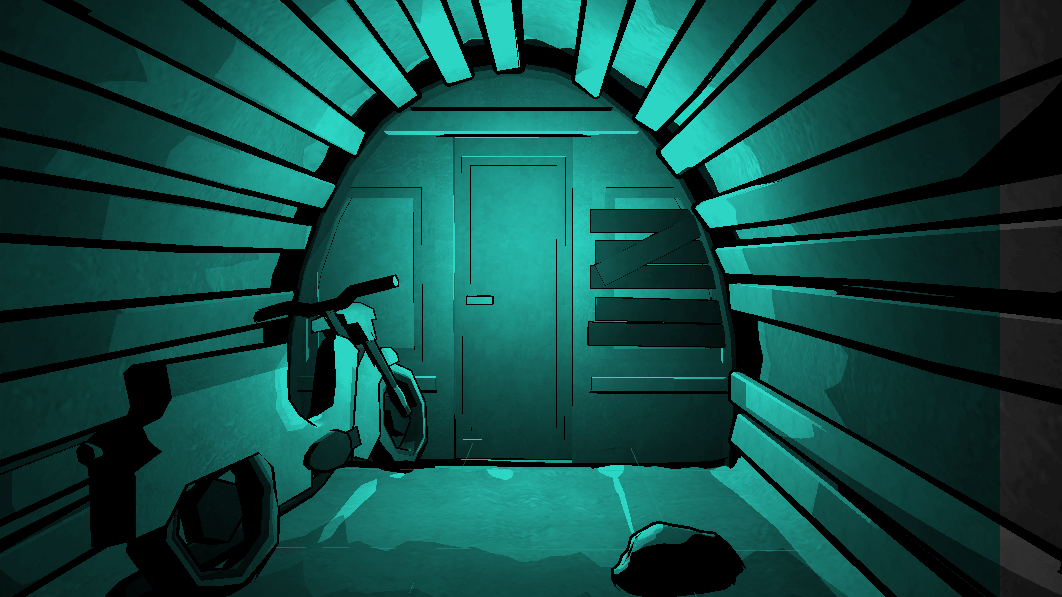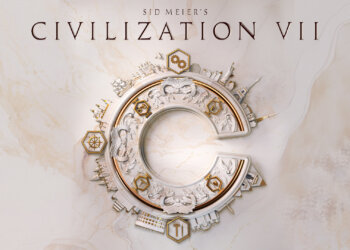The night of December 12, 2024, marked a notable occasion for the gaming industry. Hosted by Geoff Keighley, the 10th edition of The Game Awards received a warm and enthusiastic response online. Historically, the show had its share of criticism, often getting flak for prioritizing advertisements over giving the spotlight to the game developers it aims to honor.
Last year came with its awkward blunders, like the infamous incident where a teleprompter boldly suggested winners should “Please Wrap it Up,” which quickly made rounds on social media. Fortunately, both Keighley and The Game Awards team seemed to take these criticisms to heart, introducing welcome changes this time.
The 2024 awards turned out to be refreshingly entertaining from the get-go until the curtains closed. Viewers were treated to thrilling announcements such as the introduction of Elden Ring Nightreign, a collaborative roguelike that builds on FromSoftware’s signature souls-like gameplay. Hazelight Studio also stirred excitement with Split Fiction, promising a new co-op journey filled with intriguing mechanics and diverse settings, reminiscent of their 2021 Game of the Year winner, It Takes Two. Essentially, if dazzling new game reveals were what you came for, this year did not disappoint.
A big highlight was that The Game Awards allowed developers and winners ample time on stage. One such moment was when Swen Vincke, head of Larian Studios, took the stage. Fresh off of their 2023 Game of the Year win with Baldur’s Gate 3, Vincke delivered a thought-provoking speech, reflecting on what it means for a game to truly connect with the gaming community. His insights shed light on industry pitfalls, sparking conversations online, as seen when a clip was shared on X by @Rurikhan.
The second standout moment was when Team Asobi and Sony Interactive Entertainment’s Astro Bot clinched the Game of the Year title, despite fierce competition from heavyweights like Black Myth: Wukong, which had already smashed sales records. This underlined the broad appeal and critical acclaim Astro Bot managed to earn, signaling a win not just for Sony, but also a point of contemplation for Microsoft and Xbox. Despite Xbox boasting a diverse genre lineup, they seem to be missing a key ingredient—a family-friendly platformer that captures hearts, much like Astro Bot.
Speaking of platformers, Astro Bot has been delightfully crafted, drawing inspiration straight from the Nintendo playbook, particularly echoing the styles of Super Mario 3D World and Sunshine. Its gameplay involves collecting companion Bots, some of which are charming nods to classic characters like Kratos from God of War or even the more niche Dart from The Legend of Dragoon. This clever integration results in a nostalgic homage to PlayStation’s journey over the decades.
Sony’s strength has typically been in crafting cinematic, third-person adventures; however, Astro Bot’s appeal lies in its accessibility and pure fun. It’s a game anyone can jump into and enjoy, highlighting a variety that Microsoft seems to lack in their lineup. While Xbox offers niche titles like Age of Empires and Microsoft Flight Simulator, a flagship family-friendly platformer remains elusive, despite their vast studio resources.
At one point, nostalgic waves swept over the community when, in 2019, Banjo and Kazooie were announced as additions to Super Smash Bros. Ultimate. Their appearance rekindled desires for a revival of the beloved series, with Rare’s iconic pair still beloved despite the lull since 2008’s Nuts n Bolts. Microsoft has Banjo-Kazooie as a possible resurgence but also has Conker the Squirrel—a daring, yet potential contender for a comeback, despite its mature-rated past.
Yet, another prospect is Double Fine’s Psychonauts, which demonstrated Microsoft’s capacity to nurture quality third-person platformers. Psychonauts 2 captivated players in 2021, going toe-to-toe with other genre titans, showcasing what’s possible with time and resources. Double Fine is now working on new, mysterious projects that might pull them back into the genre’s spotlight.
Then there’s the potential for Crash Bandicoot or Spyro, both properties in Microsoft’s realm, given the recent partnership with Toys for Bob. These classics could once again take flight, much like Astro Bot has for Sony. With nostalgia-driven references already lined up in Astro Bot, Xbox might just have its path in crafting a similar celebration of their gaming heritage.
Microsoft and Xbox own a treasure trove of intellectual properties that could serve to fill the demand for family-friendly games that old and young alike could enjoy. Whether they choose to bring back beloved characters like Banjo or forge a new path with innovative IPs, they have the opportunity to unearth and honor their rich history just as Astro Bot does for Sony, enticing a new generation of gamers and old-school fans alike.






